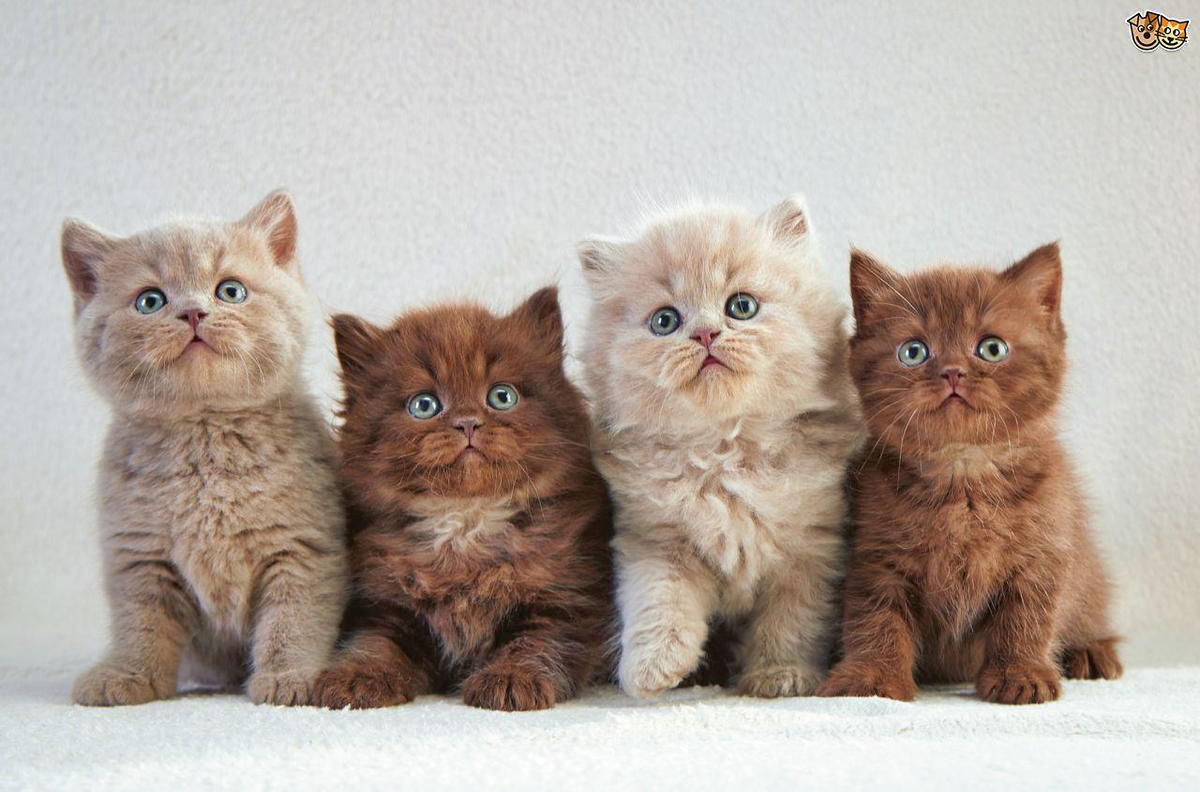
Does my cat really need vaccinations?
Kitten and Adult Vaccination Protocols
A kitten receives temporary immunity against diseases from its vaccinated mother at birth. This immunity lasts anywhere from 8 to 16 weeks, varying with each individual kitten. If vaccinated while temporary immunity is still present, NO long-term immunity will result. If the time period between diminished temporary immunity and time of vaccination is too great, the kitten is susceptible to diseases such as Distemper, Rabies, and Feline Leukemia. We give boosters monthly between 8 and 16 weeks of age to ensure permanent immunity as soon as possible after the temporary immunity diminishes. It is best to keep your kitten from public areas until it is fully vaccinated. This means your kitten will need 3 total sets of kitten vaccinations to be fully protected.
As adult cats Danforth Animal Hospital requires yearly booster of the Rabies and FVRCP (Distemper) vaccines. We also strongly recommend vaccinating for Feline Leukemia if your cat will ever come into contact with other cats.
FVRCP is a core vaccine, it stands for Feline Viral Rhinotracheitis, Calici Virus, and Panleukopenia. These viruses cause various upper respiratory and gastrointestinal symptoms. Rhinotracheitis is caused by a herpesvirus that attacks the eyes, nasal passages, and trachea of cats. Infected cats will show signs such as sneezing, coughing, and have runny eyes and nose. This virus is contagious and is spread by contact with the discharge or contaminated clothing. Adults cats may recover in a few weeks but this virus can be very serious, especially in kittens. Vaccination is the best way to prevent this disease. We require all cats to be vaccinated yearly.
Calicivirus is another respiratory virus of cats. They exhibit many of the same upper respiratory signs but they also get oral ulcers which are painful and cause drooling. This virus can be very serious. Some cats who recover from this virus can continue to shed the virus for weeks or even years.
Panleukopenia is also known as Feline Distemper. This is a highly contagious virus that has a high death rate in young and geriatric cats. The most common symptoms are severe diarrhea, vomiting, fever, and profound mental depression. This virus can survive in the environment for long periods of time so a cat can become infected simply by visiting the area where the infected cat has been. All cats should be vaccinated yearly for Panleukopenia.
Rabies is a fatal viral disease. All warm-blooded animals are susceptible. The disease is spread when an infected animal bites another animal or person. The bat, skunk, and fox are the most commonly infected wild animals. Dogs and cats are the most commonly infected domestic animals. Your dog will be vaccinated for Rabies at 16 weeks or age with a one year rabies vaccine. When your dog is a year old and has their annual vaccinations done they may be able to receive a 3 year rabies vaccination.
